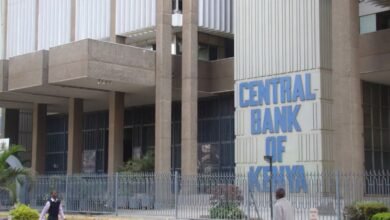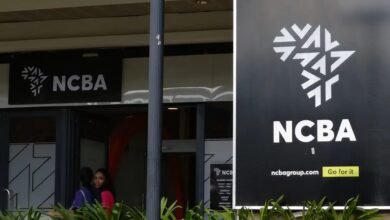
With the arrival of the first batch of coronavirus vaccines in Kenya at the beginning of March, Kenya boosted its fight against the pandemic after it received its first consignment of 1.02 million doses of the AstraZeneca vaccine through the Covax facility.
The Indian government would later donate 100,000 doses of the same vaccine, bringing a total of 1.12 million vaccine doses to the country.
On March 5, the Ministry of Health officially launched the mass rollout of the inoculation exercise with the government targeting close to 1.25 million people in the first phase of the vaccination process.
To make up for the deficit, Kenya through the Pharmacy and Poisons Board (PPB) granted emergency use authorization for Russia’s Sputnik V vaccines after a successful evaluation process.
The government would however later make a U-turn and ban the importation, distribution and administration of the vaccines by the private sector after reports of violation of regulatory requirements.
“The issues of points of vaccinations, where the vaccine was being delivered, who is delivering this vaccine. there were protocols set in place by the task force on how these vaccines should be deployed,” said Health CAS Rashid Aman.
According to the government, the two AstraZeneca doses are to be administered 8 weeks apart, meaning that those who received their first dose on March 5, are due for their second dose on April 30.
With the due date fast approaching and the Indian government having suspended the exportation of the jabs to meet the high demand for the vaccine within its borders, questions are arising as to whether Kenyans who have received the first dose will receive their second jabs in time.
“It is a fact that there’s is global problem in the supply chain of vaccines every single country is having problems accessing vaccines but what we are doing is working day and night with all the partners in the world to ensure that we are able to get these vaccines in the shortest time possible,” said President Uhuru Kenyatta.
Another setback to Kenya’s efforts to get more COVID-19 vaccines is the decision by the U.S government to halt administering the one-shot Johnson and Johnson’s vaccine after cases of more unusual blood clots emerged.
The move by the US is especially critical to Kenya in light of President Kenyatta’s recent pledge on vaccines.
“Nobody who has received the first dose will miss out on the second and point number two is that were working day and night to ensure that we are able to get the necessary supplies in order to vaccinate our population,” said the President.
By April 13, over 569,244 people had received their first dose of the AstraZeneca COVID-29 vaccine, which is equivalent to more than half of the doses Kenya has received so far.
When reached for clarification on how the second dose would be provided, Health Chief Administrative Secretary Dr. Mercy Mwangangi said the second doses will come from the second batch of vaccines that Kenya is expecting, but did not mention the exact date.
By Vincent Odhiambo





